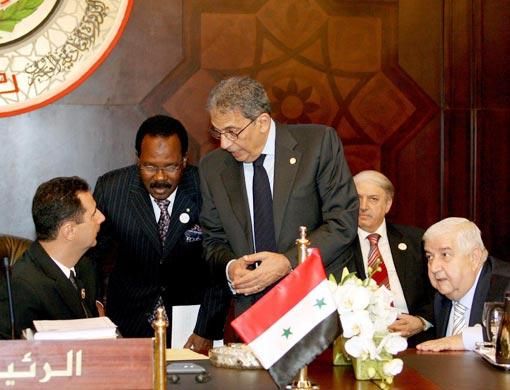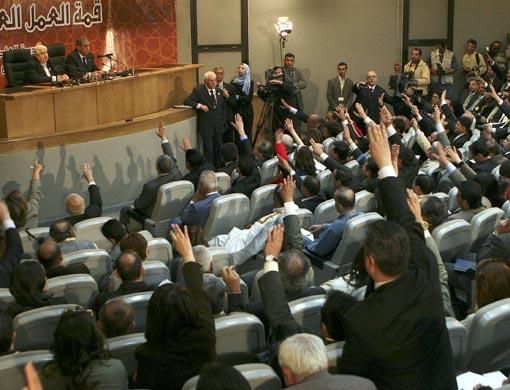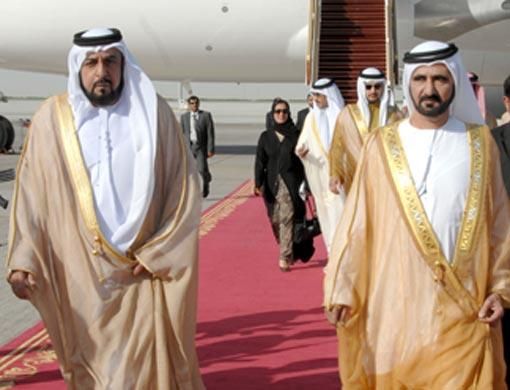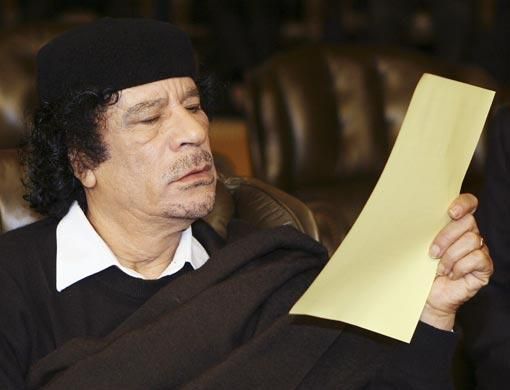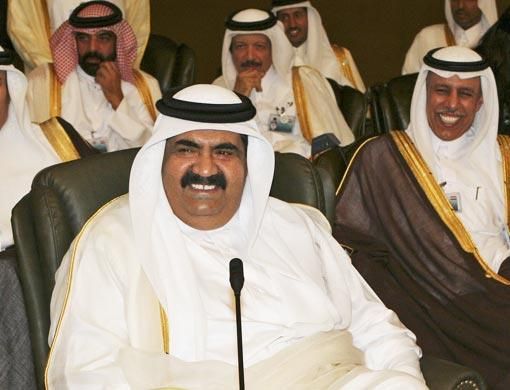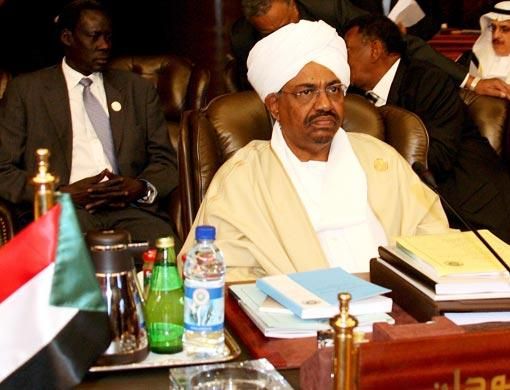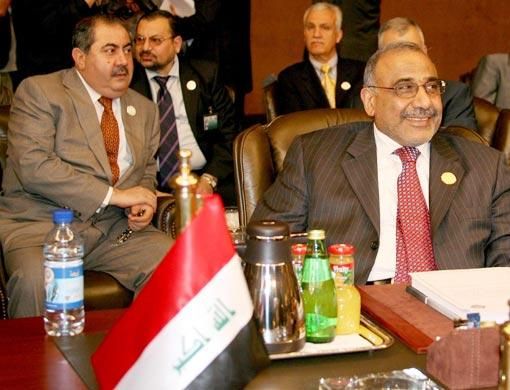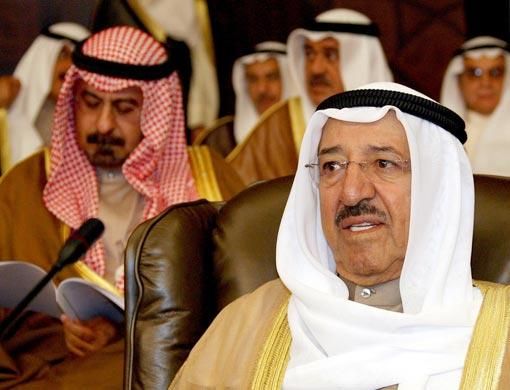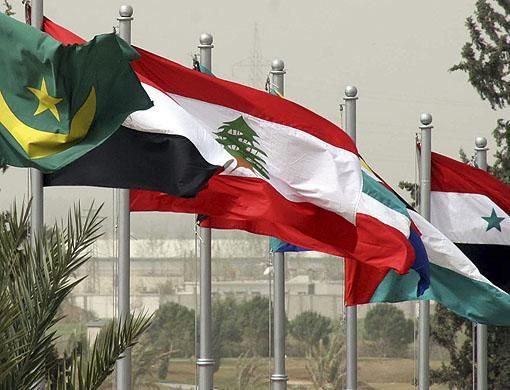Damascus: Another Arab summit, marred this time by the absence of key leaders, ended here on a low note on Sunday and a rare acknowledgement by host Syria of sharp differences in opinions.
The usual final declaration, vaguely worded, said the leaders would review the Arab peace offer made to Israel six years ago, unless the Jewish state changes its behaviour.
The summit also failed to clinch a breakthrough on Lebanon, which is in the midst of its worst political crisis since its 1975-1990 civil war.
The communique called on Lebanon to immediately elect army chief Michel Sulaiman as president as stipulated by an Arab plan that also calls for the formation of a new national unity government.
The UAE delegation was headed by President His Highness Shaikh Khalifa Bin Zayed Al Nahyan, who returned home on Sunday.
Conditions
The summit statement, read by Arab League chief Amr Mousa, said Arab states would "evaluate and review Arab strategies and the plan of action regarding reviving the peace process [with Israel] as a prelude to decide on next Arab moves."
"For the Arab side to continue to offer the Arab peace initiative is tied to Israel executing its commitments in the framework of international resolutions to achieve peace in the region," the Damascus Declaration said.
Although it did not set a time frame, Mousa told a news conference later that Arab foreign ministers could start a review in the middle of the year.
The language on the Arab peace plan was not a surprise as it was almost identical to that of a decision approved by Arab foreign ministers at a meeting in Cairo three weeks ago.
Syrian Foreign Minister Walid Al Mua'alem told the news conference the summit was a success because it had survived predictions that it would be a disaster if the Arabs did not solve the political crisis in Lebanon before it began. Lebanon boycotted the summit in protest at what it says is Syrian obstruction, through its local allies, of the process of electing a new president.
The leaders of Saudi Arabia, Egypt and Jordan also stayed away from the meeting, in solidarity with the Lebanese government.
The statement meanwhile angered the Iraqi delegation for failing to express support for its government or condemn terrorist attacks in the country.
- With inputs from WAM and other agencies


